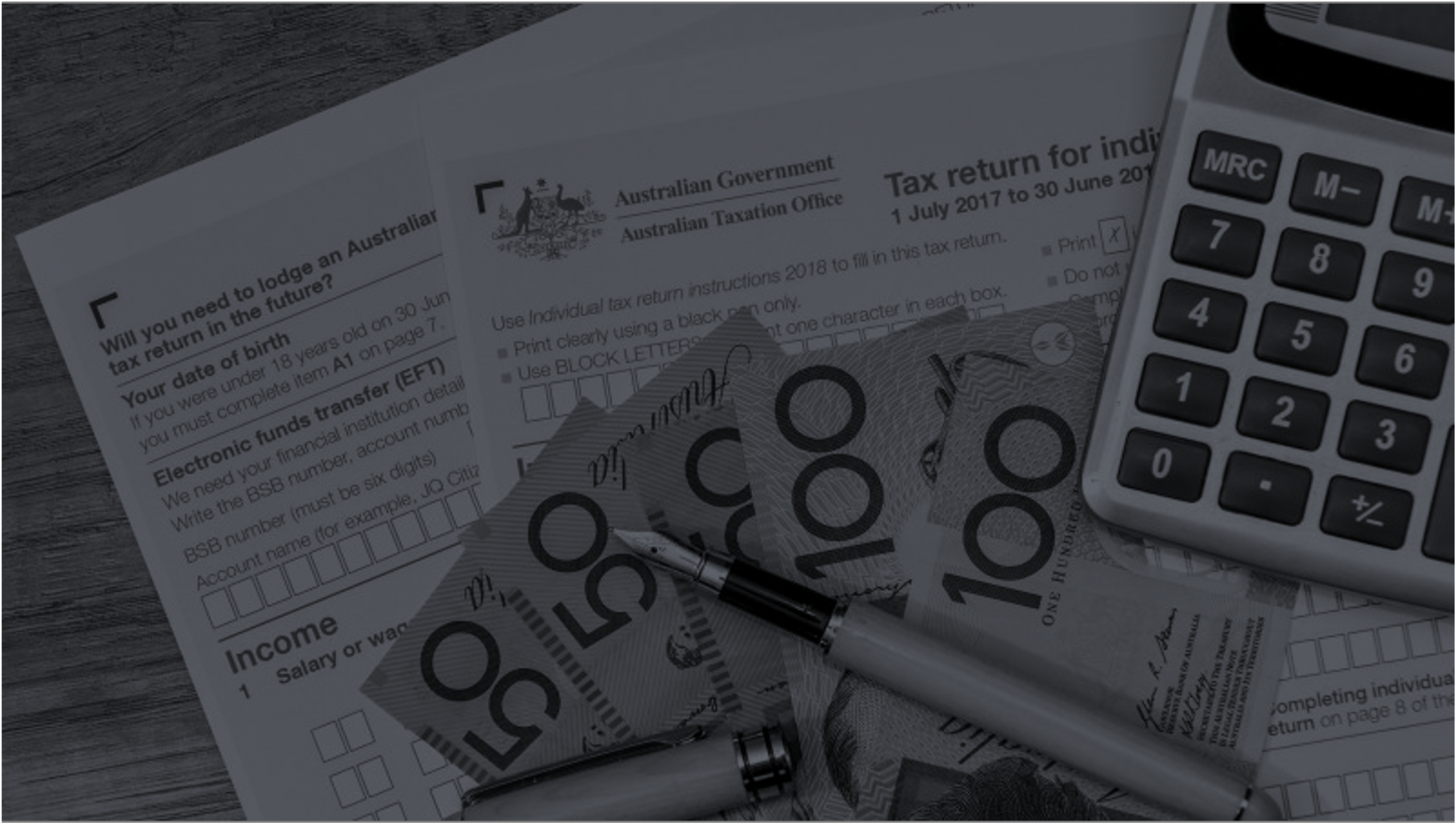Main Residence Exemption Denied for Aussie Expats
The Main Residence Exemption (MRE) has officially been scrapped for Australian expats and other non-residents that own property in Australia. On the 5th December 2019, the Treasury Laws Amendment (Reducing Pressure on Housing Affordability Measures) Bill 2019 was passed without amendment. This was originally proposed in the 2017/18 Federal Budget, which effectively meant that if you sell your Australian property while residing overseas, you could be taxed from the original purchase price irrespective of whether you lived in the property or not.
Under the new rules, Australian expats and non-residents had until the 30th June 2020 to enter into a contract to sell their property, under which scenario they could continue to utilise the Main Residence Exemption (MRE) providing they purchased the property prior to the 9th May 2017.
How Did The Main Residence Exemption (MRE) Work Previously?
Under the Main Residence Exemption (MRE) rule, you could disregard the capital gain from any dwelling that was treated as your main residence. Under the absence rules, you could continue to treat the property as your main residence for up to a period of six years whereby the property is used to produce taxable Australian income, in the form of rental income.
Therefore, under the previous rules, an Australian expat or non-resident, could reside in the property, move offshore and continue to treat the property as their main residence for a period of six years, however, this is no longer the case for those residing offshore.
Is This Change Retrospective?
Yes, the change is retrospective and does apply to the entire capital gain from when you purchased the property.
Let’s consider a couple of case studies to put the significance of this change into perspective:
Case Study 1
On the 6th May 2011, Susan purchases her own home in Sydney for $1.5M. Susan remains living in the property for a period of eight years, before deciding to relocate to Singapore for a job opportunity. On 7th July 2020, Susan decides that she wants to sell her Sydney property and use these funds to purchase a property in Singapore as she plans to reside there for an extended period of time. Susan sells the property for $3.0M. As Susan is a non-resident of Australia at the time of sale, Susan will pay tax on the entire $1.5M capital gain. Susan can not apply the Main Residence Exemption of the 50% Capital Gains Tax discount for holding the property for longer than 12 months.
Case Study 2
On the 15th March 2004, Greg and Sally purchase their first home in Perth for $800,000. Two years later, the couple has their first child and decide that it’s time to look for a larger home while retaining their first property as an investment. They find their new home and purchase it for $1.5M. Five years later, Greg and Sally decide that they’d like to sell their investment property and use the proceeds from the sale to reduce the mortgage on their new home. They listed the property and manage to sell it in 2013 for $1.1M, achieving a capital gain of $300,000. Greg and Sally decide to claim the Main Residence Exemption (MRE) on the first property, and the entire gain is tax-free as it is within the six-year exemption period.
Are There Any Exemptions To The Changes?
There are a few minor exemptions to this amendment, which were pleasing to see, however certainly didn’t go far enough in reducing the impact of this punitive change. The key exemption is that if you have been a non-resident of Australia for less than 6 years, and have suffered a serious life event, you may still be eligible to claim the Main Residence Exemption. These key life events include the following:
- Terminal medical condition
- Death of a spouse or minor child
- Divorce or separation
Can I Return To Australia And Move Into The Property?
Yes, you can do so, however, this is unlikely to remove the capital gains tax liability altogether. There will be an apportioned tax liability based on the number of years that you were a non-resident for, which would be used to gain the taxable gain in the event that you did decide to sell the property.
Given the significance of this change, as well as the potential size of the tax liabilities here, we would certainly suggest seeking professional advice from your tax (financial) adviser, to ensure that you’re not going to face nasty bills in the future, and you’re making fully informed decisions when it comes to your property back at home.
Ally Wealth Management is the trusted ally in finance for Australians at home and across the globe. As both Australian expats and residents, the founders of Ally have a unique understanding of the common personal financial challenges faced.
Book your complimentary appointment with our team at Ally Wealth Management to discuss how we can help you to achieve your financial goals.
Ally Wealth Management Pty Ltd is a Corporate Authorised Representative of Sentry Advice Pty Ltd ABN 77 103 642 888. Sentry Advice holds an Australian Financial Services Licence (AFSL) No. 227 748.
General Advice Warning: The information contained herein is of a general nature only and does not constitute personal advice. You should not act on any recommendation without considering your personal needs, circumstances and objectives. We recommend you obtain professional financial advice specific to your circumstances.




